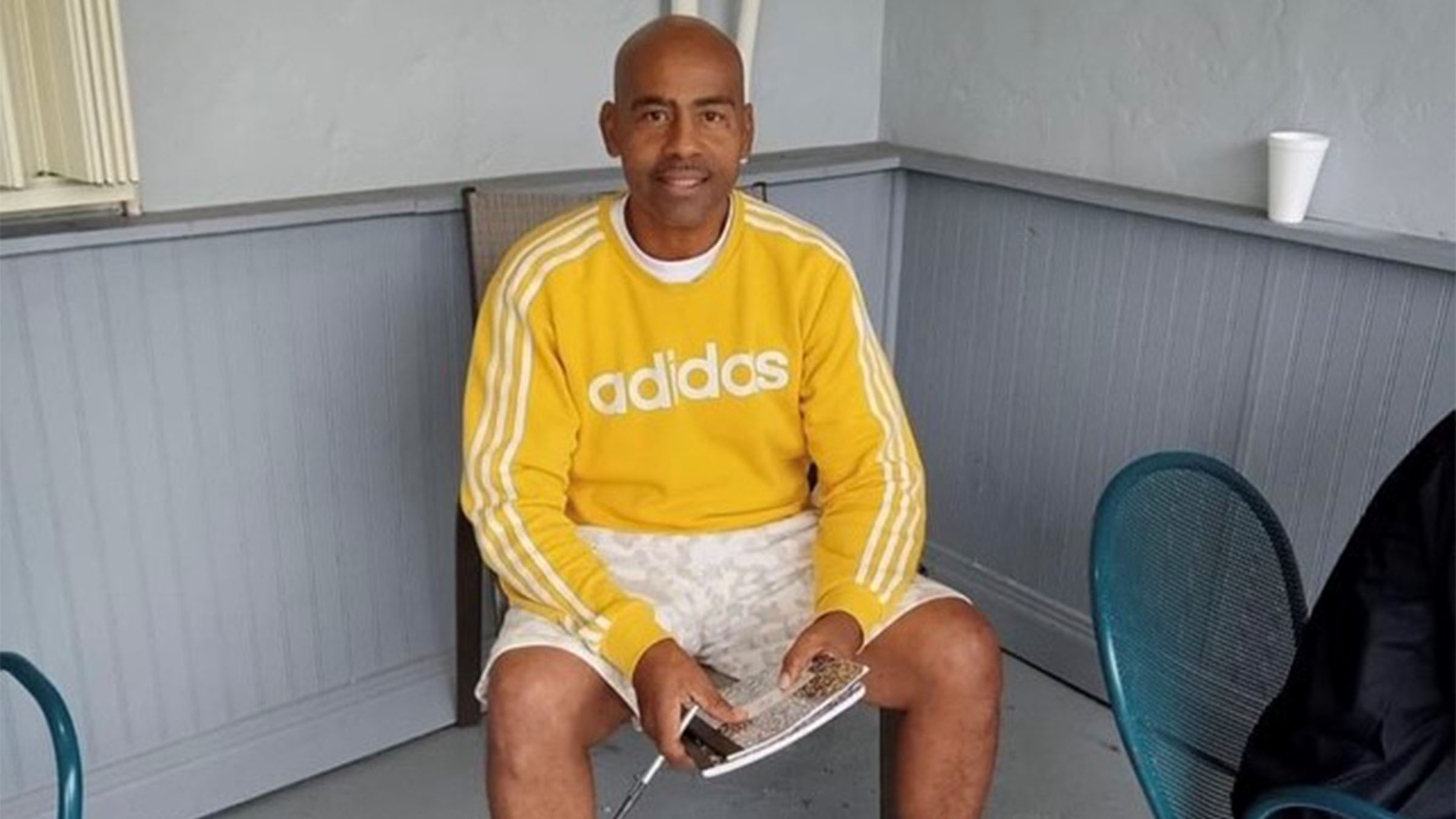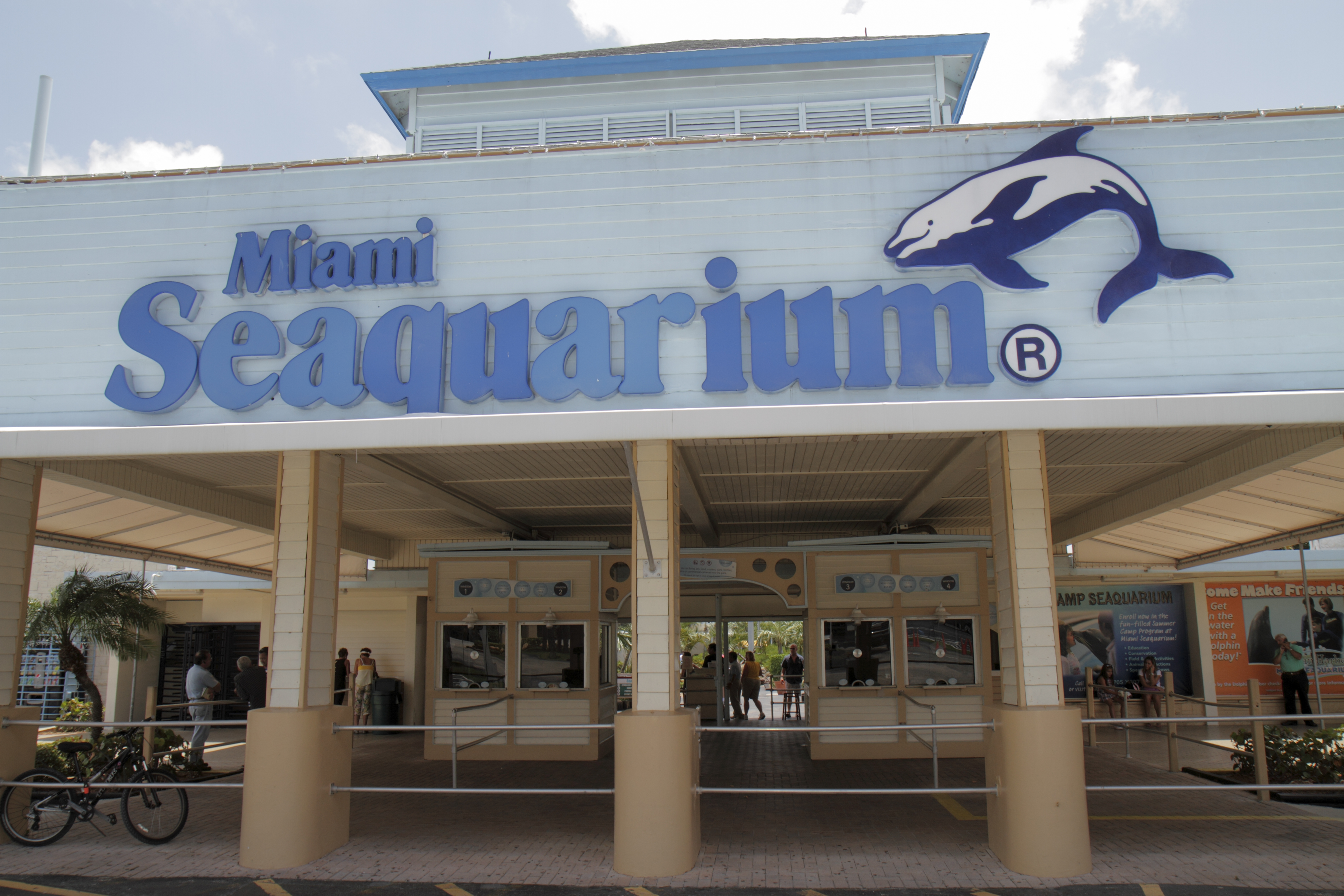June 1st brings the first day of the 2020 hurricane season to residents across the United States - and concern to the state of Florida as two named storms already formed before the official first day of the season.
The National Oceanic and Atmospheric Administration is predicting an "above-normal" 2020 Atlantic hurricane season, with 13 to 19 named storms.
NOAA forecasters said that six to 10 of those storms will become hurricanes and three to six of those would become major hurricanes with 111 mph winds or higher.
“That’s coming mostly from the very warm temperatures that we see right now in the tropical Atlantic and the Caribbean," said Dr. Michael Mann, professor of Atmospheric Science at Penn State University.
NOAA said there's a 60% chance of an above-average season, a 30% chance of a near-normal season, and just a 10% chance of a below-normal season. Forecasters from NOAA update their predictions in early August.
Forecasters said the combination of several climate factors is driving the strong likelihood for above-normal activity in the Atlantic this year. In addition to a lack of an El Niño, which usually results in stronger wind shear that can tear fledgling storms apart, sea surface temperatures in the tropical Atlantic and Caribbean Sea are warmer than normal, forecasters said.
Local
"NOAA’s analysis of current and seasonal atmospheric conditions reveals a recipe for an active Atlantic hurricane season this year,” NOAA administrator Neil Jacobs said.
Hurricane season traditionally begins June 1 and runs through November, but last month’s Tropical Storms Arthur and Bertha briefly popped up, marking the sixth straight year a named storm came in May or earlier.
“There is less of certain types of pollutants, in particular the sulfate aerosols in the atmosphere right now," said Mann. "Those aerosols, those particulates, have a cooling impact, including in the tropical Atlantic. So, when they disappear because of the downturn in industrial activity, then you lose that cooling factor.”
The Atlantic Basin annual average is 12 named storms, six hurricanes and two major hurricanes.
Last year's active season saw 18 named storms and six hurricanes including three major hurricanes, Dorian, Humberto and Lorenzo. Dorian pummeled the Bahamas with maximum sustained winds of 185 mph, storm surges and torrential rain in a sustained two-day assault.



